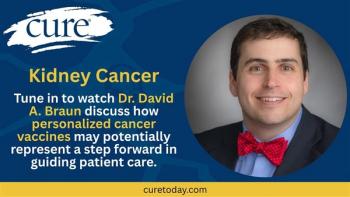
Personalized cancer vaccines may potentially represent a step forward in guiding the immune system to more precisely target kidney cancer.

Personalized cancer vaccines may potentially represent a step forward in guiding the immune system to more precisely target kidney cancer.
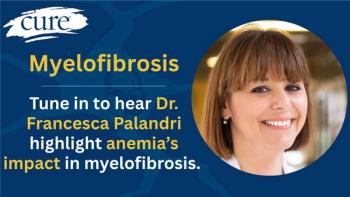
An expert highlights the impact of anemia in myelofibrosis and presented Ojjaara as a possible treatment to reduce transfusions and improve outcomes.
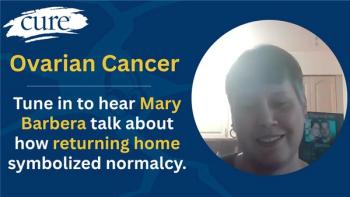
After ovarian cancer surgery, Mary Barbera spent three months in rehab before finally returning home, a milestone that marked her emotional recovery.

Terry Gillespie said the hardest parts of her cancer journey were the isolation, the impact of chemotherapy, and how unprepared she felt.

Panelists discuss how preparing multiple myeloma patients for treatment involves structured education, emotional support, and proactive symptom management—emphasizing clear communication about the four-drug regimen, logistics, and supportive care to empower patients and ensure safety throughout their treatment journey.

Panelists discuss how treatment decisions in multiple myeloma are guided by disease risk, patient health, and evolving clinical data—highlighting the shift toward a comprehensive, multi-phase approach that begins with a four-drug induction regimen and stem cell transplant, as supported by the Perseus Trial’s promising long-term remission outcomes.

Panelists discuss the emotional and diagnostic journey of a multiple myeloma patient and his care partner, highlighting how incidental back pain led to an unexpected cancer diagnosis, the initial shock and fear that followed, and the pivotal role of expert care, accurate information, and community support in finding hope and navigating the disease.

Panelists highlight that being a care partner is one of the most challenging roles, requiring emotional resilience, coordination, and support, and emphasize the importance of viewing it as a true partnership that addresses both patient and caregiver well-being throughout the cancer journey.

Dr. Erika Hamilton says social media and professional guidelines help patients stay informed about fast-changing breast cancer treatments and advances.
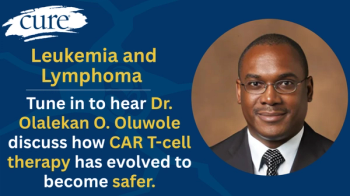
Outpatient CAR T therapy has reduced hospital stays by two-thirds while maintaining safety for those with blood cancers, according to Dr. Olalekan Oluwole.
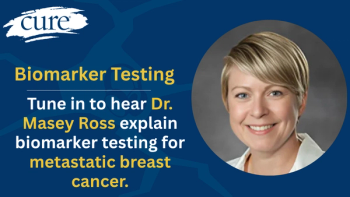
Dr. Masey Ross explains how biomarker testing, patient history, and quality-of-life concerns guide treatment decisions in metastatic breast cancer.

Panelists discuss the multifaceted diagnostic process for multiple myeloma, emphasizing the integration of blood tests, genetic and imaging assessments, and patient education to guide personalized treatment planning and enhance patient engagement in care.

The program emphasized the importance of incorporating patient and caregiver perspectives alongside clinical expertise to support personalized, empathetic care and shared decision-making in managing the diverse and complex challenges of multiple myeloma.
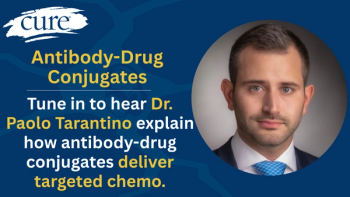
Dr. Paolo Tarantino shares how antibody-drug conjugates deliver more targeted chemo, and how the treatment lasts longer in the body vs traditional therapy.

Dr. Erika Hamilton discusses the most notable breast cancer treatments currently in development, and how might they change care for patients in the future.
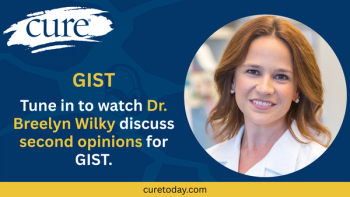
Dr. Breelyn Wilky urged newly diagnosed GIST patients to seek support from peers and advocacy groups, and to consult experts, even if care stays local.
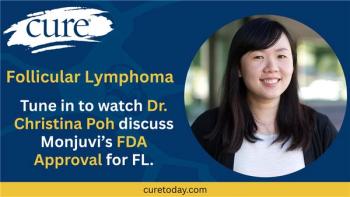
The inMIND trial led to the FDA approval of Monjuvi with Revlimid and Rituxan for relapsed follicular lymphoma, showing benefits across diverse patients.
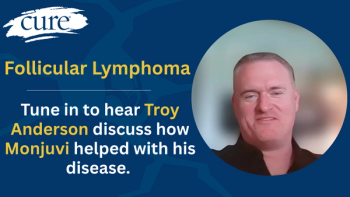
A patient on the Monjuvi trial saw lymph nodes shrink 85%, with stable results a year later, supporting the FDA’s recent approval for follicular lymphoma.
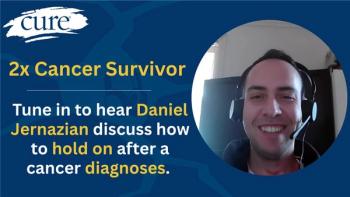
Survivors can find strength after cancer by focusing on goals, loved ones, and spiritual connection, especially during challenging or uncertain times.
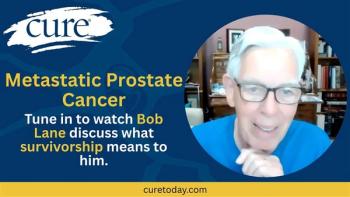
Bob Lane discusses his experience with prostate cancer, and describes what survivorship and cure means to him as someone living with metastatic disease.
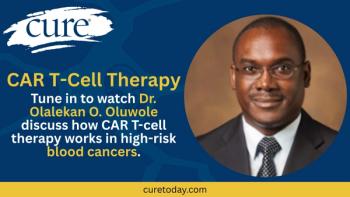
Olalekan O. Oluwole discusses how CAR T-cell therapy is used to treat high-risk hematologic malignancies like lymphoma and leukemia.

Dr. Breelyn Wilky explains how vague symptoms and testing challenges delay GIST diagnoses; however, molecular testing can help guides treatment decisions.
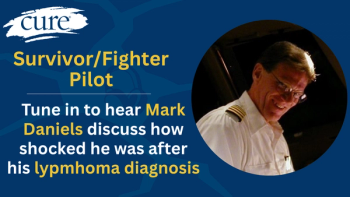
Mark Daniels, an 83-year-old veteran and former fighter pilot, was shocked by his lymphoma diagnosis because he maintained exceptional physical fitness.
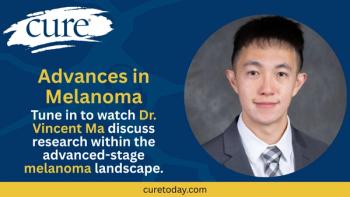
Ongoing research within the advanced-stage melanoma therapeutic space is beginning to suggest that shorter treatment periods may be sufficient for some.
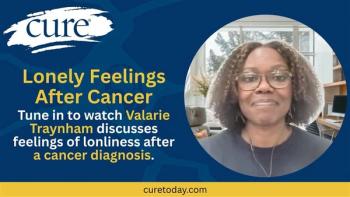
Hearing that you have cancer can lead to dark feelings; however, others have walked this road and come out on the other end, a cancer thriver explained.

Dr. Nicholas James discusses why it is important to identify which patients with high-risk prostate cancer will truly benefit from intensified treatment.
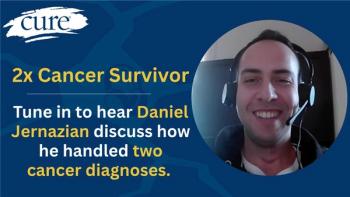
Daniel Jernazian, who beat cancer twice, credits his sports mindset for survival and calls it winning his ‘life World Championship’.

Patients in rural or underserved areas may have worse outcomes, highlighting the need for early support to address care access barriers.
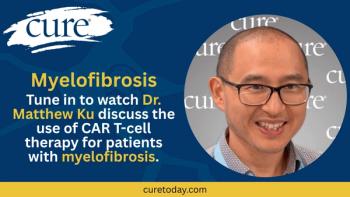
Dr. Matthew Ku discusses what CAR T-cell therapy is and how it works to target diseases like myelofibrosis.
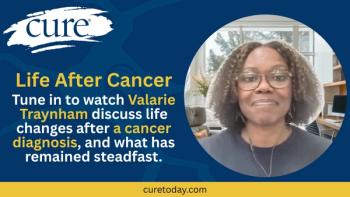
Valarie Traynham discusses some of ways her life has changed since being diagnoses with cancer, and what parts of her identity have remained the same.